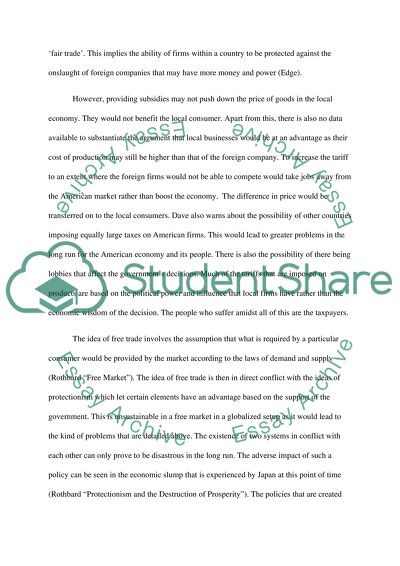Cite this document
(“Summarizing Article Example | Topics and Well Written Essays - 1000 words”, n.d.)
Summarizing Article Example | Topics and Well Written Essays - 1000 words. Retrieved from https://studentshare.org/finance-accounting/1480919-summarizing-article
Summarizing Article Example | Topics and Well Written Essays - 1000 words. Retrieved from https://studentshare.org/finance-accounting/1480919-summarizing-article
(Summarizing Article Example | Topics and Well Written Essays - 1000 Words)
Summarizing Article Example | Topics and Well Written Essays - 1000 Words. https://studentshare.org/finance-accounting/1480919-summarizing-article.
Summarizing Article Example | Topics and Well Written Essays - 1000 Words. https://studentshare.org/finance-accounting/1480919-summarizing-article.
“Summarizing Article Example | Topics and Well Written Essays - 1000 Words”, n.d. https://studentshare.org/finance-accounting/1480919-summarizing-article.


